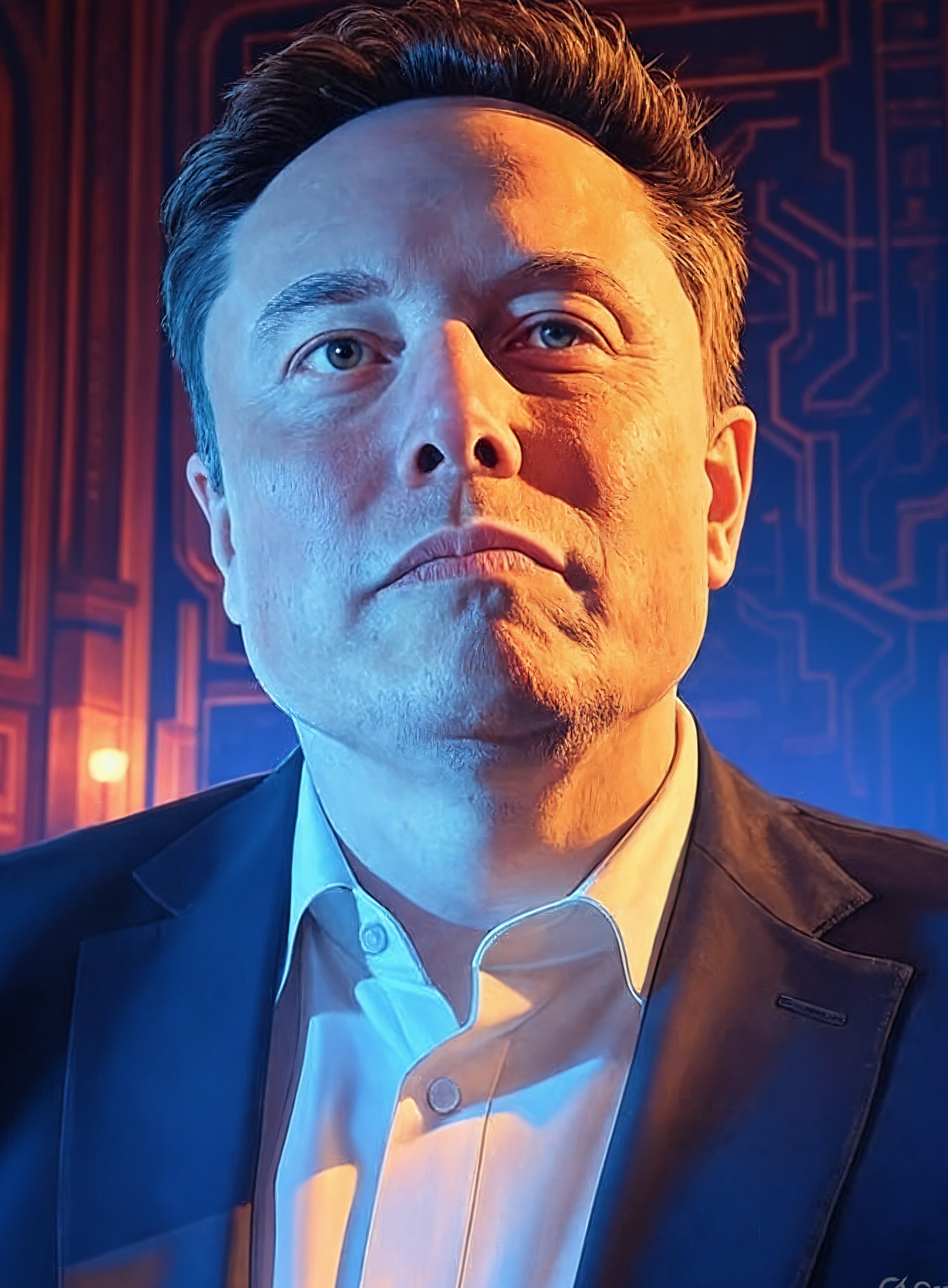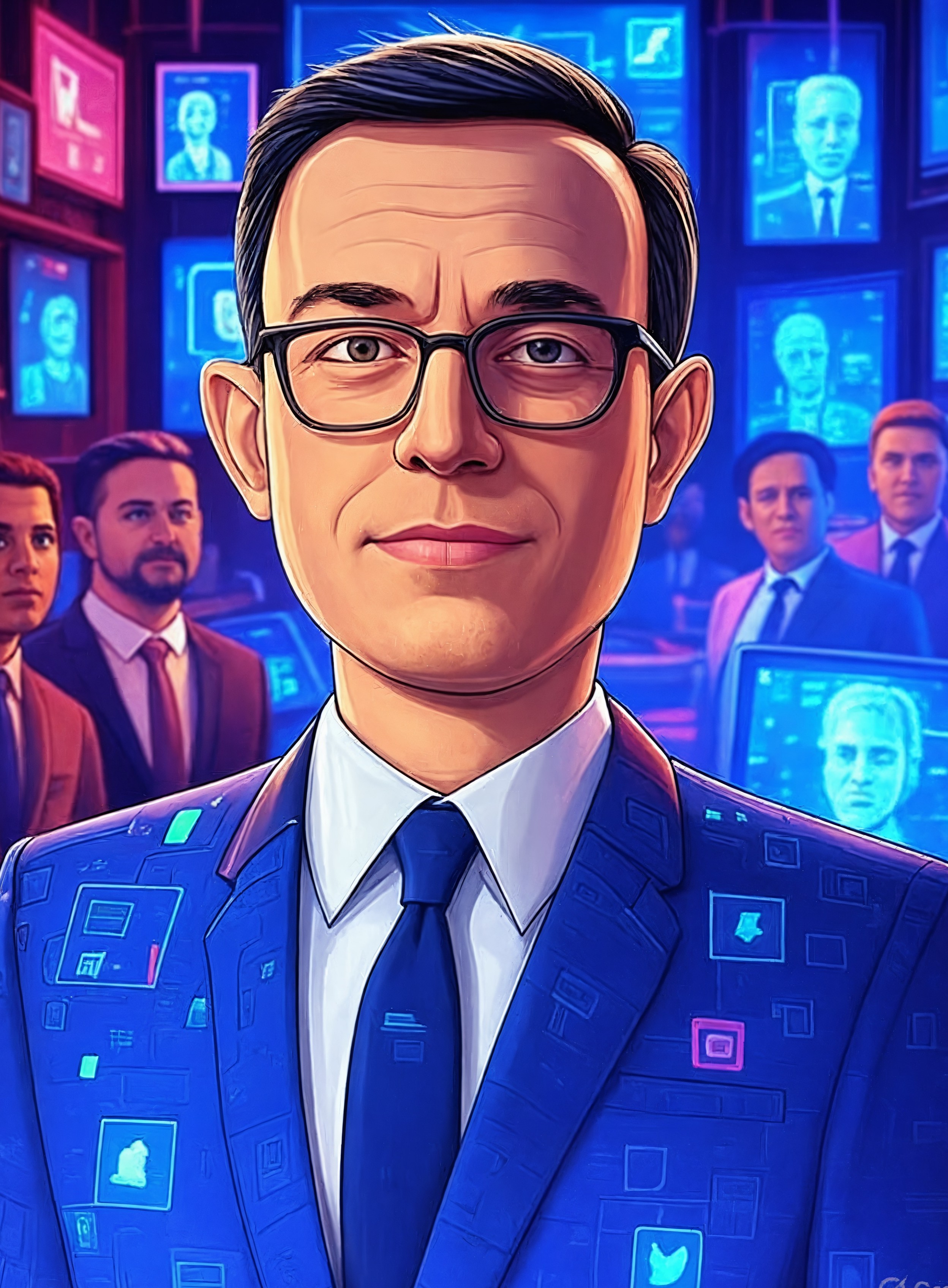
Trump's Visa Bombshell Hits Tech Hard
The tech world's latest circus act features a former reality TV star turned president slapping a six-figure toll on foreign brainpower, while Silicon Valley showmen risk public flops to peddle augmented dreams, and gaming giants jack up prices like they're hawking artisanal kale. It's a trifecta of policy punches, spectacle stunts, and economic squeezes that's got the industry sweating bullets. Forget the glossy keynotes; underneath the hype, these moves expose the fragile scaffolding holding up America's tech dominance.
The H-1B Heist: $100,000 to Play Ball
Picture this: a visa program that's been the golden ticket for tech titans, now rigged with a paywall that could bankrupt a small nation. The Trump administration's executive order drops a $100,000 annual fee on H-1B visas, targeting new applicants from abroad and piling on for extensions. This isn't pocket change; it's a deliberate gut punch to companies hooked on global talent, from Amazon's warehouse of 10,000-plus visa holders to Google's algorithm whisperers.
Wage Wars and the American Worker Myth
Administration flacks spin this as a heroic stand against wage-suppressing outsourcing firms flooding the lottery with cheap labor. Sure, there's truth in the abuse—IT sweatshops undercutting local coders in computer fields. But let's call it what it is: a protectionist ploy dressed in populist drag. The Department of Labor's mandate to hike prevailing wages aims to level the field, yet experts warn it'll trigger hiring freezes and offshoring. Immigration attorneys are already sounding alarms about project cancellations and a brain drain that could stall U.S. innovation.
Tech behemoths like Microsoft and Meta, reliant on this pipeline for AI and machine learning wizards, face a stark choice: pony up or watch competitors in less restrictive shores lap them. Elon Musk and Instagram's Mike Krieger rode H-1B waves to glory; now, the door's slamming shut unless you're packing a national interest exemption—code for 'friends of the regime.' Legal challenges loom, but in the meantime, this fee's a tariff on talent, potentially accelerating AI automation as firms ditch pricey humans altogether.
The Gold Card Gambit: Buy Your Way In
Twist the knife further with the 'Gold Card' program, an expedited visa for entrepreneurs and investors willing to cough up $1 million personally or $2 million corporately to the Commerce Department. It's like a VIP lounge for the ultra-rich, prioritizing fat wallets over raw ingenuity. This two-tier system mocks the merit-based myth of American exceptionalism, favoring oligarchs who can 'donate' their way to citizenship while starving startups of diverse talent.
Zuckerberg's High-Wire Act: Live Demos and the Illusion of Innovation
Shift scenes to Meta Connect, where Mark Zuckerberg channels his inner Sergey Brin, strutting in AR glasses for a live backstage tour that screams 'remember Google Glass?' That 2012 skydiving spectacle at Google I/O set the bar for tech theater, and Zuck's reprise underscores the desperate need to dazzle amid metaverse skepticism.
Risks, Rewards, and the Spectacle Economy
Live demos aren't just demos; they're adrenaline-fueled bids for relevance in a saturated market. Zuckerberg's gamble paid off without a hitch, showcasing real-time AR wizardry that ties into Meta's billion-dollar bet on wearables. But the parallels to Google Glass—hyped as revolutionary, then buried under privacy backlash—highlight the razor-thin line between triumph and farce. Industry watchers see this as Meta's play to reignite buzz, competing against Apple's Vision Pro and Microsoft's HoloLens in a AR/VR arms race projected to balloon at 30% CAGR through 2030.
Yet, beneath the excitement, it's a symptom of deeper woes. With Meta pouring $10 billion yearly into hardware, these stunts mask the grind of building ecosystems amid consumer apathy. Success could spike pre-orders and developer buy-in, but a glitch? Instant meme fodder, eroding trust in an era where AI enhancements promise glitch-proof shows but deliver scripted illusions.
Microsoft's Xbox Squeeze: Tariffs, Inflation, and Gamer Rage
Meanwhile, Microsoft plays the villain in the console wars, hiking Xbox Series X to $649.99 and the S to $399.99 come October 3rd—blaming 'macroeconomic changes,' a polite euphemism for tariffs and inflation's bite. The 2TB Galaxy Black edition jumps $70 to $799.99, marking the second spike this year after a May global uptick.
Pricing Power Plays in a Volatile Market
This isn't isolated greed; it's a ripple from broader economic tremors shaking the $250 billion gaming empire. Microsoft backed off jacking first-party games to $80 after backlash, but console hikes persist, potentially alienating budget gamers and pushing them toward cloud alternatives like Game Pass, now boasting 40 million subs. Analysts predict short-term sales dips but fatter margins, as Sony and Nintendo eye similar moves in this tariff-riddled landscape.
The irony? These increases come amid AI-driven cloud gaming advances from NVIDIA and others, which could render pricey hardware obsolete. Microsoft's strategy bets on ecosystem lock-in, but it risks accelerating a shift to subscription models, leaving traditional consoles as relics for die-hards.
Intersecting Trends: Policy, Hype, and Economic Realities
Tie it all together, and you've got a tech sector battered on multiple fronts. Trump's visa overhaul threatens the talent pool fueling AI and machine learning breakthroughs, while Zuckerberg's demos peddle futuristic visions that hinge on that very workforce. Microsoft's price gouges reflect supply chain vulnerabilities amplified by policy whims, all while cybersecurity and privacy concerns lurk—think AR glasses as data vacuums in a post-Glass world.
Expert consensus points to a talent crunch spurring automation, with firms like Amazon pivoting to AI to plug gaps. The Gold Card could funnel capital into strategic sectors, but at the cost of equity. Future-wise, expect reduced H-1B apps, especially from startups, fostering a senior-heavy foreign workforce. Live demos will evolve with AI safeguards, but failures could tank stocks. Gaming? More bundles and promos to soften blows, with cloud dominance on the horizon.
Key Takeaways and the Road Ahead
These developments aren't isolated fireworks; they're warning flares for an industry addicted to cheap talent, spectacle, and endless growth. The H-1B fee might curb abuses but risks American competitiveness, turning innovation into a luxury import. Zuckerberg's bravado reminds us tech's built on bold risks, yet fragile to flops. Microsoft's hikes expose how external forces dictate internal strategies, potentially reshaping consumer tech.
Bottom line: Adapt or perish. Companies must diversify talent sources, invest in domestic training, and innovate beyond hype. For policymakers, balance protectionism with progress, or watch global rivals eat your lunch. The tech circus rolls on, but the clowns are getting restless.
Comments
Read more

Fandom's CEO Exit: Ad Hell and Wiki Woes
Perkins Miller bolts from Fandom amid ad overload and acquisition chaos, signaling turbulent times for the fan wiki giant.

OpenAI's $4 ChatGPT Go: Democratizing AI or Profit Play?
OpenAI expands cheap ChatGPT Go to new countries, slashing costs for global users. Dive into the hype, features, and real-world impacts of this AI accessibility push.

Meta's Spy Myths and Xbox's Price Gouge Exposed
Dive into Meta's microphone denial drama and Microsoft's Game Pass hike, uncovering privacy pitfalls and subscription scams in big tech's greedy grasp.